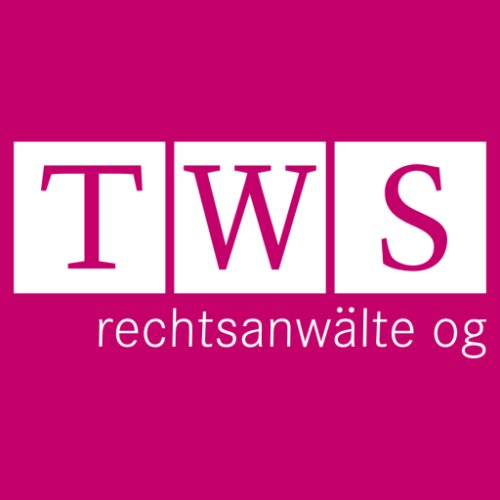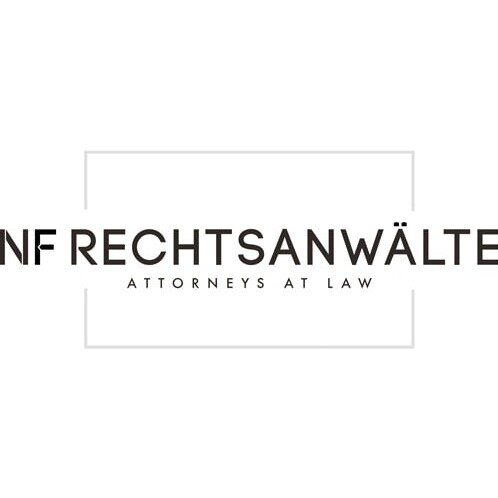Best Sanctions & Export Controls Lawyers in Vienna
Share your needs with us, get contacted by law firms.
Free. Takes 2 min.
List of the best lawyers in Vienna, Austria
About Sanctions & Export Controls Law in Vienna, Austria
Sanctions and export controls law in Vienna, Austria, is a crucial field that governs the movement of goods, technology, and services across borders, ensuring compliance with both national and international regulations. These laws are designed to enforce national security, foreign policy, and trade interests by restricting or prohibiting certain transactions with specific countries, entities, or individuals. Vienna, as the capital of Austria and a significant international business hub, adheres to a combination of European Union regulations and Austria's national laws concerning sanctions and export controls. Companies and individuals in Vienna must stay vigilant about these rules to avoid legal and financial repercussions.
Why You May Need a Lawyer
Sanctions and export controls laws are often complex and subject to frequent changes at both the European Union and national levels. You may need a lawyer for various reasons, such as:
- Ensuring compliance before exporting or re-exporting goods, technology, or services outside Austria or the European Union
- Dealing with goods or transactions involving countries, organizations, or persons that are subject to sanctions
- Responding to government investigations or enforcement actions concerning suspected violations
- Securing export licenses or clarifying licensing requirements for dual-use goods and sensitive technologies
- Conducting due diligence on business partners or clients from high-risk regions
- Managing company policies and staff training in compliance with export control obligations
- Mitigating business disruption or asset freezes due to sanctions
- Challenging or appealing sanctions listings
- Obtaining legal opinions on the application of specific EU or Austrian sanctions laws
Local Laws Overview
In Austria, especially in Vienna, the legal framework for sanctions and export controls is shaped by several layers:
- European Union Law: As an EU member, Austria implements sanctions set forth by the EU Council. These are directly applicable and regulate trade, finance, travel, and arms embargoes applicable to specified countries, persons, and sectors.
- National Legislation: Austria additionally enforces sanctions adopted by the United Nations Security Council, and may implement its own measures via national law, particularly concerning criminal penalties or administrative procedures.
- Export Controls: The movement of dual-use items (goods, software, and technology that can be used for both civilian and military applications) is governed mostly by European Regulation (EU) 2021-821 and its Austrian implementations. Non-EU exports of controlled items generally require prior authorization from the Austrian authorities.
- Enforcement Authorities: The Austrian Ministry of Economic Affairs and Labour, customs offices, and the Financial Market Authority are key enforcers of these rules.
- International Cooperation: Austrian residents and companies must also consider extraterritorial implications of US or UK sanctions when dealing with global operations.
Frequently Asked Questions
What are sanctions?
Sanctions are restrictive measures imposed by governments or international bodies to achieve foreign policy or national security objectives. They can restrict trade, finance, travel, and access to assets.
What are export controls?
Export controls are laws and regulations that manage the movement of goods, technology, and services across borders for reasons such as national security, non-proliferation, and protection of human rights.
What is a dual-use item?
A dual-use item is a product, software, or technology that can be used for both civilian and military purposes. Export of these items is tightly regulated, especially outside the European Union.
What happens if I export goods or services without the required license?
Unauthorized exports of controlled goods or services can result in severe administrative, civil, and criminal penalties, including fines and imprisonment, as well as revocation of business licenses.
How can I find out if I need an export license?
Check whether your item appears on the EU dual-use list or whether your transaction relates to a country, business, or individual subject to sanctions. Consulting with a legal expert is strongly recommended to confirm requirements.
What is the role of the European Union in sanctions enforcement in Austria?
EU sanctions are directly applicable in Austria. Austrian authorities are responsible for enforcing EU sanctions and can impose additional national requirements or penalties where appropriate.
Are there any countries with which trade is completely banned?
Yes, some countries are subject to comprehensive embargoes by the EU or the United Nations. The extent of restrictions varies and can include total bans on specific goods, services, or financial transactions.
Can individuals be targeted by sanctions?
Yes, individuals (as well as legal entities) can be placed on sanctions lists, leading to asset freezes and prohibitions on business dealings.
Are there sanctions applicable to financial transactions?
Yes, restrictions can apply to banking, investment, insurance, and other financial services, especially related to sanctioned countries, companies, or individuals.
What should I do if I suspect my business is at risk of violating export control laws?
Immediately seek legal advice. Do not proceed with the transaction until compliance is ensured. A lawyer can help you assess risks, review documentation, and advise on proper procedures.
Additional Resources
Several resources and organizations can provide guidance or official information regarding sanctions and export controls in Vienna, Austria:
- Federal Ministry for Digital and Economic Affairs - Austria's key authority for export control licenses and compliance
- Austrian Chamber of Commerce (Wirtschaftskammer Österreich) - offers advisory services to businesses on sanctions and export control compliance
- Federal Ministry of Finance - oversees customs controls and provides public information on import-export restrictions
- European Commission - publishes updated EU sanctions regulations and frequently asked questions
- United Nations Sanctions Committees - lists global UN-mandated sanctions and embargoes
Next Steps
If you believe you need legal assistance relating to sanctions or export controls in Vienna, consider the following process:
- Identify and document the goods, partners, and countries involved in your planned transaction or activity
- Review any available official guidance from relevant Austrian or EU authorities
- Consult with a lawyer who specializes in sanctions and export controls in Austria to evaluate risks and compliance obligations
- If required, apply for necessary licenses or authorizations well in advance
- Establish internal compliance protocols and train staff regularly on applicable obligations
- Stay informed about legal updates as sanctions regimes can change frequently and may affect ongoing or new transactions
Professional legal guidance will help prevent inadvertent violations, costly penalties, or damage to your business reputation within Austria and internationally.
Lawzana helps you find the best lawyers and law firms in Vienna through a curated and pre-screened list of qualified legal professionals. Our platform offers rankings and detailed profiles of attorneys and law firms, allowing you to compare based on practice areas, including Sanctions & Export Controls, experience, and client feedback.
Each profile includes a description of the firm's areas of practice, client reviews, team members and partners, year of establishment, spoken languages, office locations, contact information, social media presence, and any published articles or resources. Most firms on our platform speak English and are experienced in both local and international legal matters.
Get a quote from top-rated law firms in Vienna, Austria — quickly, securely, and without unnecessary hassle.
Disclaimer:
The information provided on this page is for general informational purposes only and does not constitute legal advice. While we strive to ensure the accuracy and relevance of the content, legal information may change over time, and interpretations of the law can vary. You should always consult with a qualified legal professional for advice specific to your situation.
We disclaim all liability for actions taken or not taken based on the content of this page. If you believe any information is incorrect or outdated, please contact us, and we will review and update it where appropriate.














